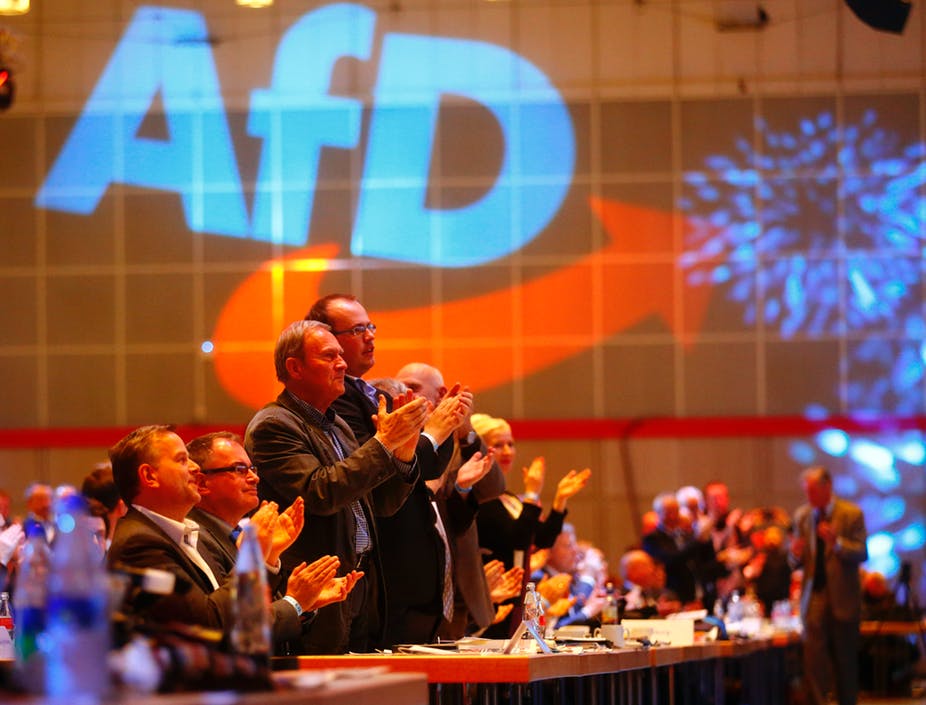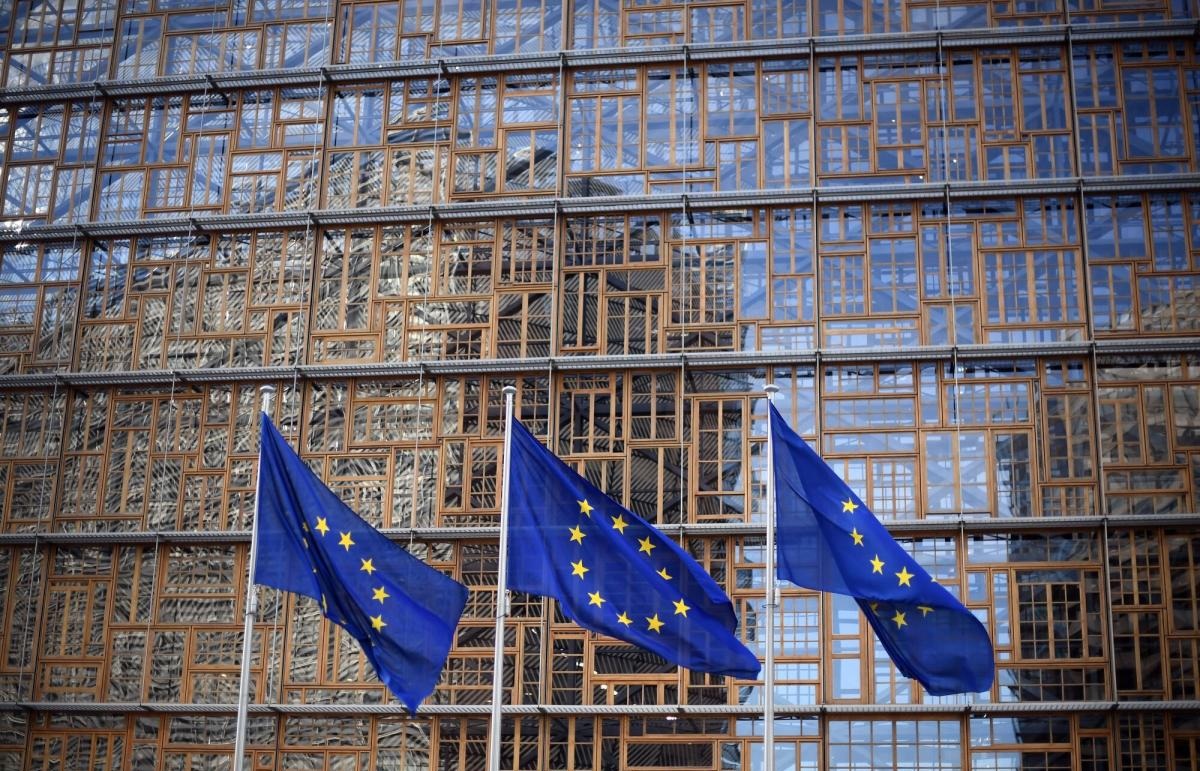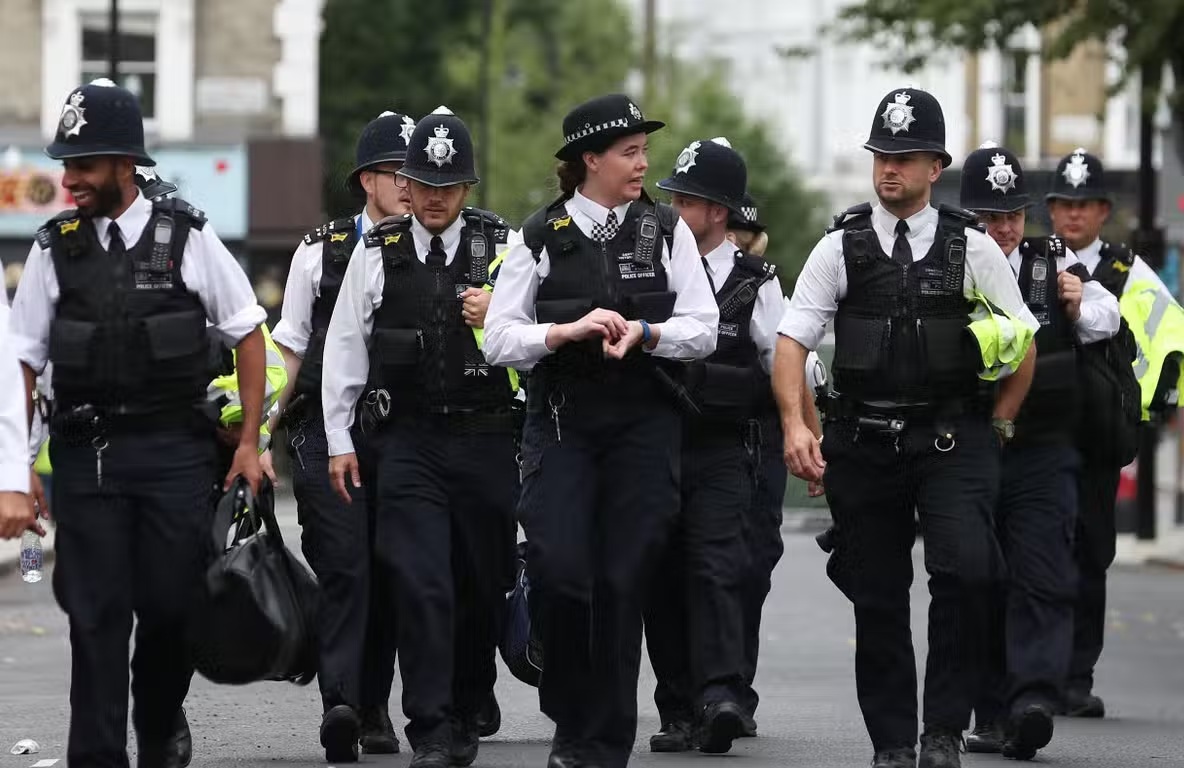Political representation of the Far-right wings in Germany
European Centre for Counterterrorism and Intelligence Studies – Germany & Netherlands
The Federal Office for the Protection of the Constitution (domestic intelligence) issued warnings from the growing threat of the far-right in Germany and the possibility of resorting to violence. Analysis showed a difference in the structure of the organizations and a decline in the influence of the traditional ones. The analysis discussed the development of different currents and spectrums in the far-right landscape and “outside the organized far-right arena.” The extremist far-right landscape in Germany has become increasingly less organized, which makes it hard to monitor it.
The political representation of the far-right parties in the German parliament
The last three years have witnessed one trend, which is the rise of the far-right parties in Germany. They achieved unprecedented figures in the general elections 2017 and state elections, last of which was in Bavaria and Hessen, according to the New Arab on February 19, 2019. The results were decisive for the Christian Union’s leaders: Chancellor Angela Merkel, CDU’s leader, and Horst Seehofer, CSU’s leader, to decide not to run for another term.
The German legislative elections results proved that the Alternative for Germany has become the second largest force after Merkel’s CDU in eastern German states. The AfD won 22.8% in these states, after the CDU (28.6%).
PEGIDA has embraced a platform that calls for abandoning the Euro, returning to the Mark, and fighting the “Islamization” of Europe. The party demands radical reforms in the EU’s structure, or Germany will have to leave it. PEGIDA describes the European bloc as a “non-democratic structure made by bureaucratic people who don’t have much transparency and are not subject to supervision.”
AfD’s suggestions for banning Hezbollah in the German Parliament
The AfD bloc made a proposal to ban Hezbollah, arguing that Hezbollah is a terrorist militant group, according to DW on June 6, 2019. The proposal said that the Lebanese group and its militia pose a threat to the constitutional order of the Federal Republic of Germany. The proposal suggested that the federal government should examine whether the conditions exist for a ban on Hezbollah as one organization, and, if necessary, to issue such a prohibition and implement it immediately.” And to achieve that, there must be a review for all the legal rights that Hezbollah enjoys. And the Bundestag must be informed immediately of the results of that review.
The AfD calls for leaving the EU
According to France 24 on January 13, 2019, the far-right wing decided to start a campaign on the issue of leaving the EU. The AfD adopted a program that includes the issue of leaving the EU and promised that the Dexit – the German version of Brexit – would be introduced as a “last resort” if there was no overhaul in the EU within “a reasonable period of time.” Klaus-Peter Sick, historian and political thinker, said in an interview with France Press that “the AfD is seeking to re-qualify a German nationalist stand” through this discussion.
The AfD opens a new political front in the country after the immigration issue upon which it relied to achieve its electoral victories, when it refused the arrival of more than one million refugees to Germany in 2015-2016. The far-right wing is seeking to pull itself together after the German Chancellor decided to leave power in 2021, which was their main goal so far.
The AfD Funding
According to RT on April 16, 2019, the German parliament’s administrative authority imposed a fine exceeding 400,000 Euros on the AfD over illegal campaign donations, which essentially amounts to three times that of the illegal donations. The party leaders had received funding from the Swiss-based company, Goal AG, despite that it is illegal for German parties to receive support from outside the European Union. The party is facing additional fines, as there is an investigation with the party’s leader Alice Weidel over allegedly accepting 132,000 Euros from a Swiss company.
Christine Lambrecht, Minister of Justice, confirmed, according to Al Quds Al Arabi on January 13, 2019, that her country is burdened with hatred and violence threats from the far-right. She added that the details of the crimes committed by the NSU, which is responsible for murdering 10 people, 8 of whom were Turkish, are not clear yet. And that these crimes surfaced after the NSU power had grown.
AfD Support in Germany
The Sunday Trend survey, conducted by Emnid for Welt am Sonntag on April 12, 2019, showed that the people’s support for the opposition populist right party AfD increased on the federal level to 13%. According to the Sunday trend survey, the AfD has become the largest partial force in eastern Germany with 23%, but the survey results seemed totally different in western Germany, where the AfD represented 11%.
Conclusion
Opinion polls indicate that the AfD is ahead of other parties, which means that the chances of the far-right party entering local parliaments of the states in the future are very high. A classified document for the Federal Office for the Protection of the Constitution (domestic intelligence) revealed that the far-right organizations are regrouping and training on the civil war scenario, which reflects a change in the structures and methods of the far-right organizations in their efforts to reorganize themselves.
The surge of the populist far-right wing has become a rich material for increasing the acts of violence. It is expected that social hassles will grow in Germany after calls appeared on the far-left websites for fighting the AfD. This call was published on Indymedia, which threatens of clashes between the far-right and the far-left that could compromise the stability of the German security, especially after the rise in violent acts and crimes of the extremist NSU inside German states.
Therefore, there should be a partial control on the right youth organizations in the states of Bremen, Lower Saxony, and Baden-Württemberg. The intelligence services must carefully monitor “the cooperation between the AfD and the neo-Nazis.” German authorities should strip the Reich Citizens’ Movement activists of their registered weapons, in order not to be used in violent acts and crimes.
*Copyright reserved to the European Center for Counterterrorism and Intelligence Studies




